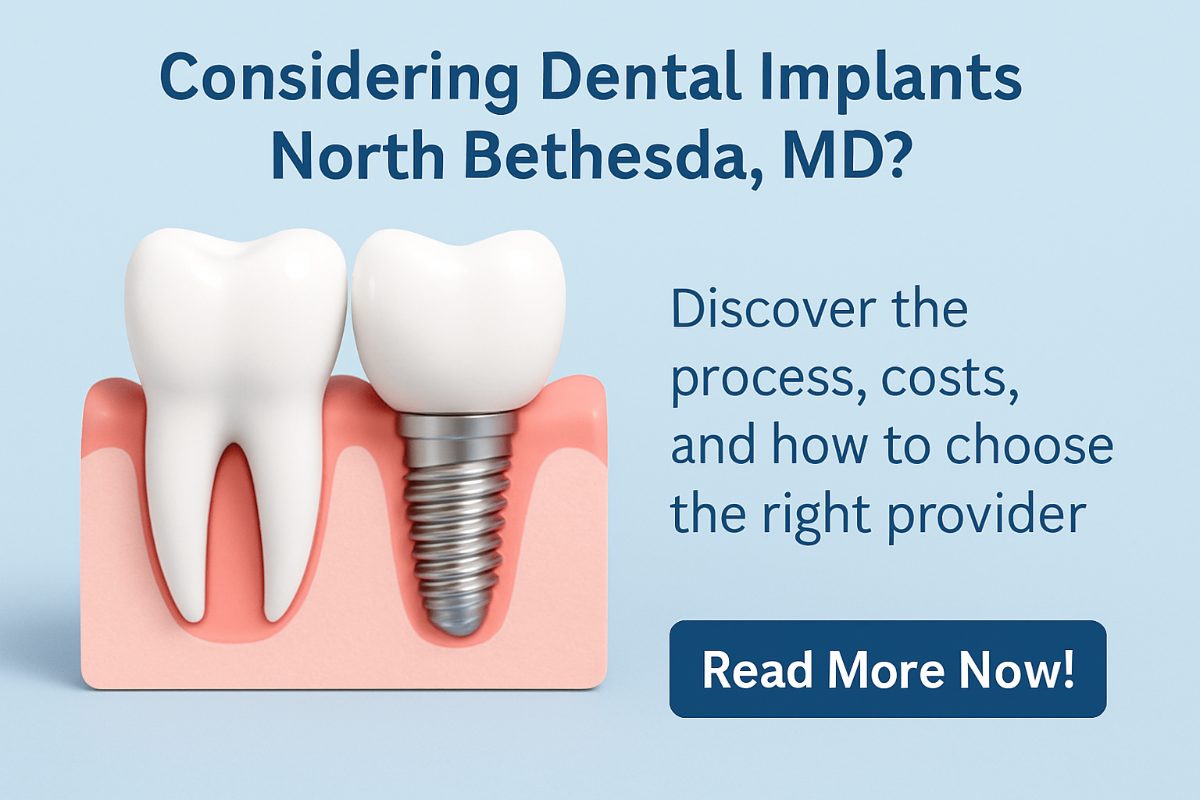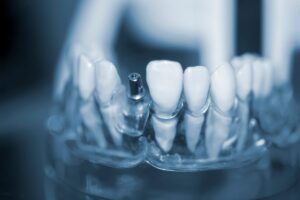Dental implants can restore missing teeth, improve chewing, and boost confidence. This guide on dental implants north bethesda md explains who makes a good candidate, the types of implants, what to expect during treatment, costs, risks, and how to pick the right provider. Read on to learn candidacy rules, the step-by-step process, technology used to improve safety and comfort, price drivers, and how to schedule a personalized consultation.
What are dental implants?
Dental implants are small titanium posts placed into the jaw to act like natural tooth roots. After the implant bonds with bone, a connector called an abutment is attached and a crown (or bridge or denture) is placed on top. Implants replace the entire tooth structure below and above the gum line, so they feel and function much like natural teeth when done correctly.
Who is a good candidate for dental implants?
Good candidates are in generally good health, free of uncontrolled gum disease, and have enough jawbone to support an implant. Conditions like diabetes or certain autoimmune diseases need careful management but do not always rule out implants. If jawbone is low, grafting or sinus lift procedures can rebuild bone to support implants. Heavy smoking lowers success rates and increases healing time. Patients with sleep apnea should share that history, since airway health and certain sedative choices can affect treatment planning. A thorough exam and imaging will determine candidacy and any preparatory treatments needed.
Types of dental implants and common treatment options
Single-tooth implants
A single implant replaces one missing tooth with an implant, abutment, and crown. It preserves adjacent teeth and looks natural.
Implant-supported bridges
When several teeth in a row are missing, two or more implants can support a fixed bridge. This avoids placing crowns on healthy neighboring teeth.
Full-arch solutions (All-on-4 / All-on-X)
Full-arch systems use a few implants to support a fixed denture for an entire upper or lower jaw. These solutions restore chewing power and can be done with immediate provisional teeth in many cases.
Mini implants and temporary options
Mini implants are smaller and sometimes used to stabilize lower dentures or as temporary anchors. They can be less invasive but are not always suitable for long-term single-tooth replacement.
What to expect during the implant process
The implant journey typically starts with a consultation and imaging (X-rays or CT scan) to map bone and nerves. A treatment plan outlines the number of implants, restorations, and any grafting. Surgery places the implants into the jaw; some cases allow immediate temporary teeth, while others need healing time. Osseointegration—the bone bonding to the implant—usually takes 3–6 months. Once healed, the abutment and final crown or denture are attached. Timelines vary with grafting needs and overall health.
Technology and comfort options used for dental implants
Modern implant care uses digital X-rays and CT imaging to plan accurate implant placement with lower radiation. Digital periodontal assessment tools track gum health precisely. Minimally invasive equipment reduces cutting and sutures, shortening recovery. Sedation dentistry options—oral sedation and nitrous oxide—help anxious patients stay calm. Sleep apnea screening tools evaluate airway risks before sedation. Together, these technologies improve safety, accuracy, and patient comfort.
Costs and factors that affect price for dental implants north bethesda md
Implant cost depends on number of implants, type of final restoration (single crown vs. bridge vs. full-arch), and whether bone grafts or sinus lifts are needed. Advanced imaging, lab fees for custom crowns, and sedation add to the total. Location and provider experience also influence price. Many dental plans limit implant coverage; out-of-pocket financing, third-party medical credit, or in-office payment plans can help spread costs. A personalized estimate after imaging is the best way to know your total investment.
Risks, success rates, and aftercare
Dental implants have high success rates—often above 90–95% over many years when placed and cared for properly. Possible complications include infection, failure to integrate with bone, nerve irritation, or sinus issues for upper implants. Warning signs include persistent pain, swelling, mobility of the implant, or fever—contact your dentist if these occur. Aftercare includes regular brushing and flossing, avoiding hard foods during healing, quitting smoking if possible, and keeping follow-up visits for professional cleanings and exams.
How to choose the right provider for dental implants north bethesda md
Look for providers with specific implant training, fellowship or residency experience, and memberships in implant societies. Ask about the number of implant cases they perform, the technologies they use (digital imaging, minimally invasive tools), and sedation options for comfort. Read patient reviews and request before-and-after photos. At your consult, ask about complication rates, warranty or follow-up policies, and whether they coordinate any needed bone grafting or specialist care. Clear communication and comfort with the team are key.
About Dr. Kavish Gurjar and State of the Art Dental Group
Dr. Kavish Gurjar graduated from NYU College of Dentistry and advanced his training at Bharati Vidyapeeth University College of Dentistry. He has taught at Ahmedabad Dental College and is a Fellow of the International Congress of Implantologists and a member of the American Academy of Implant Dentistry. Dr. Gurjar has restored hundreds of smiles and his work has been featured in national publications. State of the Art Dental Group brings over 30 years of practice experience, a dental concierge approach, and a focus on minimally invasive, patient-centered care.
Next steps: scheduling a consultation for dental implants north bethesda md
Bring any recent dental X-rays, a list of medications, and your medical history to the first visit. The consultation includes an exam, imaging, and a discussion of goals and options. You’ll receive a customized plan with timelines and cost estimates. If you’re ready to move forward, the team can discuss sedation choices and scheduling. Call to book an implant consultation and get a personalized plan to restore your smile.




